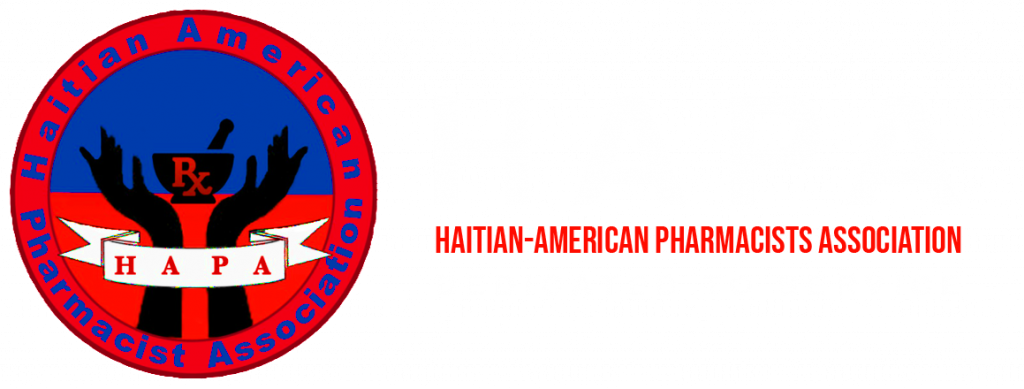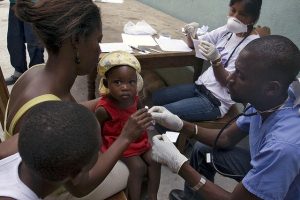
Empowering the Community through Health and Nutrition Advocacy
Introduction:
In the vibrant tapestry of cultures that make up our global community, the Haitian people stand out for their rich history, resilient spirit, and unique contributions. However, like many other communities, they face health challenges that require attention and advocacy. By focusing on health and nutrition, we can empower the Haitian community to lead healthier lives, enhance well-being, and build a stronger future.
Understanding Health Disparities:
The Haitian community, both within Haiti and in the diaspora, often experiences health disparities rooted in socio-economic factors, access to healthcare, and cultural practices. Limited access to nutritious food, healthcare facilities, and health education contributes to the prevalence of preventable diseases. Through targeted advocacy efforts, we can address these disparities and work towards creating a healthier environment for the Haitian community.
Promoting Nutritional Awareness:
Nutrition plays a pivotal role in overall health and well-being. Unfortunately, inadequate access to nutritious foods and a lack of awareness about balanced diets contribute to health issues within the Haitian community. Health and nutrition advocacy should focus on promoting education about the importance of diverse and nutrient-rich diets, emphasizing traditional Haitian foods that offer both cultural relevance and health benefits.
Community-based Initiatives:
To effectively advocate for health and nutrition, community-based initiatives are essential. Establishing community gardens, organizing cooking classes, and partnering with local farmers can contribute to creating a sustainable, accessible, and culturally sensitive approach to nutrition. These initiatives not only provide practical solutions but also foster a sense of community ownership and pride.
Accessible Healthcare:
Access to healthcare is a fundamental right that should be available to everyone. In the Haitian community, barriers such as language, cultural differences, and financial constraints often hinder individuals from seeking timely medical attention. Advocacy efforts should address these barriers by promoting culturally competent healthcare services, providing resources in Haitian Creole, and collaborating with healthcare providers to ensure equitable access for all.
Youth and Education:
Engaging the youth is crucial for sustainable change. Health and nutrition advocacy can be integrated into educational programs, empowering the younger generation to make informed choices about their well-being. Initiatives like school-based nutrition programs, health workshops, and extracurricular activities can inspire healthier lifestyles from an early age, creating a ripple effect that extends to the broader community.
Conclusion:
Advocating for health and nutrition in the Haitian community is a multifaceted endeavor that requires collaboration, cultural sensitivity, and a commitment to creating lasting change. By addressing health disparities, promoting nutritional awareness, implementing community-based initiatives, ensuring accessible healthcare, and engaging the youth, we can build a foundation for a healthier, more vibrant Haitian community. Together, we can inspire positive transformations that will benefit current and future generations, fostering a legacy of well-being and resilience.

